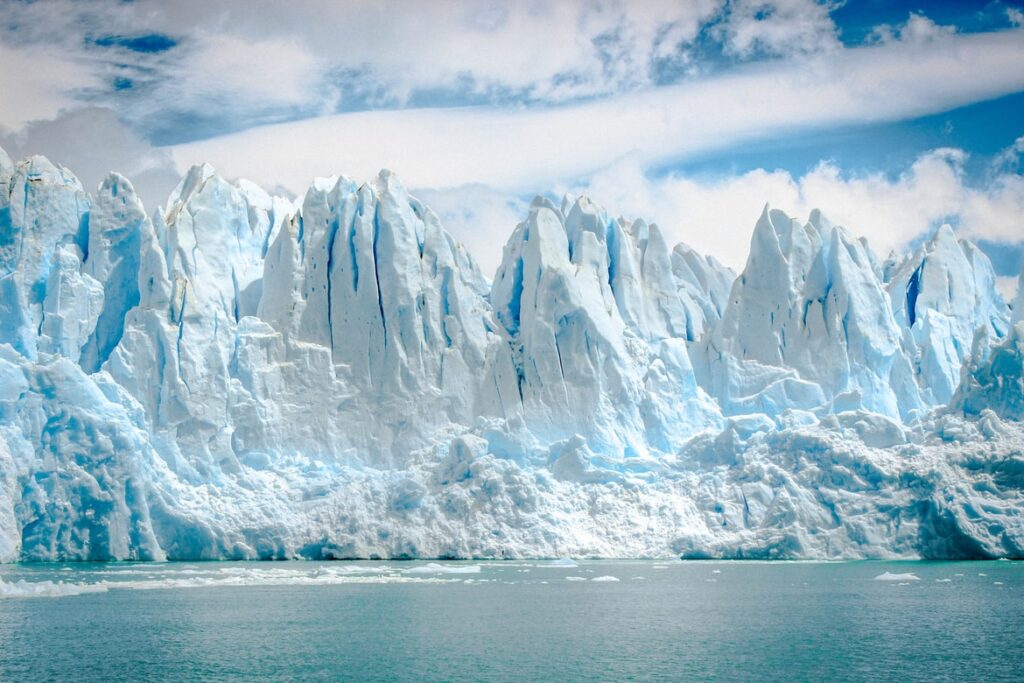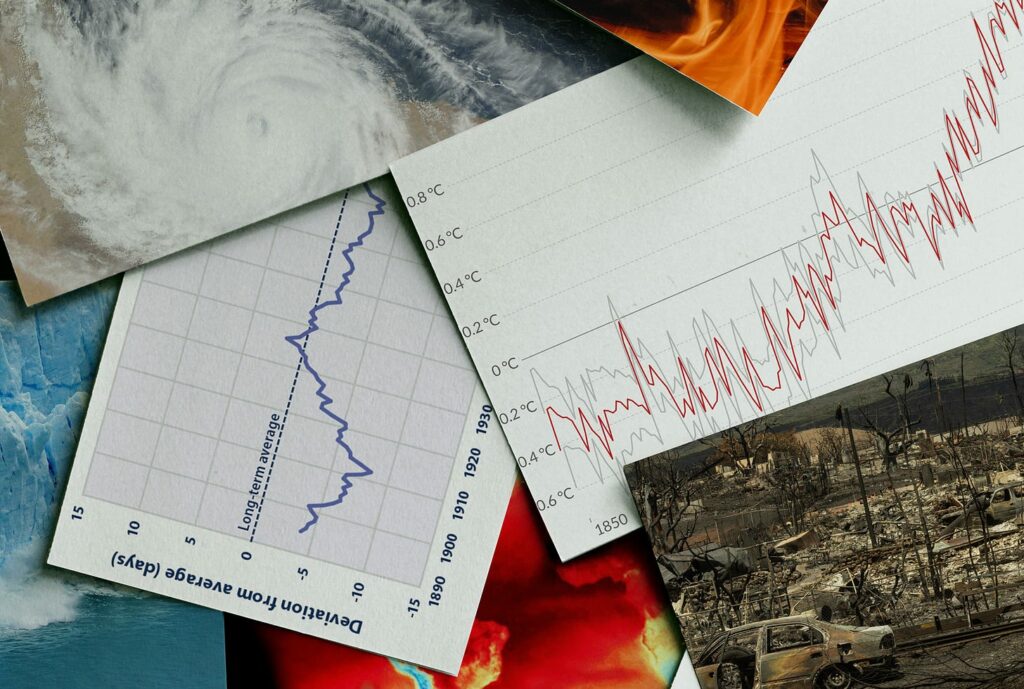We are told to panic about the modern pace of sea level rise, which is at most about two to three millimeters per year averaged globally. But thanks to NoTricksZone we learn of a flurry of papers in scientific journals in 2019 about sea levels over the past 10,000 years. And they all show that the ocean used to be much higher then than it is at present. From Aarhus Bay in Denmark, where researchers found evidence of a rapid rise in sea levels around 7600 years ago, to similar evidence from the Caribbean, it seems the phenomenon was likely global in scope. That sudden rise has been estimated at 4.5 meters over 400 years, or just over 11 millimeters per year. And no SUVs around to blame. Just one of those natural warming cycles so unwelcome in polite company.
Alarmists often point to some recent change in the world and add to the drama by saying it is the highest or deepest or hottest or whatever-est "on record". Scary. Except if you ask how far back these famous records go, it's usually a few decades. Anything to do with satellite measurements pretty much means since the late 1970s. Other surface measurements might extend to the beginning of the 20th century, although the data quality falls off quickly as you go back. But a century is nothing in terms of the Earth's history. Our planet is somewhere over 4 billion years old, and has had something vaguely resembling the modern atmosphere for 2.4 billion years and high oxygen levels and complex multicellular life for over 500 million. So when scientists are able to examine proxy measures and piece together histories that extend back millions of years we are far more likely to get a picture of what natural variability really looks like.
Even looking back mere millennia we see dramatic differences. Despite the occasional claim that sea levels are rising faster than ever in “history”, the proxy records show that it cannot be so. On the contrary, sea levels rose much faster in the past, and moreover were higher during the Holocene Climatic Optimum than they are today, by somewhere between 1.2 and as much as 4 metres, so to the extent that sea level correlates with temperature, this evidence also takes out claims that the 20th century was the hottest ever and the 21st hotter still notwithstanding.
If we were currently experiencing a sea level rise of over 1 metre per century it would definitely be noticeable and the climate activist crowd would declare in no uncertain terms it can be blamed on greenhouse gases. Even if it had been going on for centuries, since before the Industrial Revolution, just as they blame the retreat of glaciers on GHGs though it’s been going on since at least 1750. But we're not experiencing such a sea level rise, nor anything close to it. And back when the seas were rising rapidly, not just 7000 years ago but the sustained rise of something like 120 metres over 12,000 years as the last glaciation ended and the Holocene began, it could not possibly have been caused by greenhouse gas emissions. Fred Flintstone’s car, you’ll recall, was foot-powered.
That dramatic sea level rise 7000 years ago, and more, was certainly driven by natural causes. And if nature could drive changes of that size and speed back then, there's no reason to assume it could not drive much smaller ones today.



In August 2019 there was and interesting news report about sea level measurements by the Hydrographic Surveyor of NSW Australia which covers over a hundred years of measurements at Fort Denison, Sydney, Australia - https://www.youtube.com/watch?v=9mjOmsqIibk
Another obvious information about sea levels over a long time is shown at Harlech Castle in Wales where a castle built on the coast with an access point at sea level when it was built in the 13th century. The castle is now well inland and the Sea Gate is about 40 feet or more above sea level. The Wikipedia article on the castle shows an artist's representation of what is was like in the 14th century and also has a depiction from 1610 showing the coast has withdrawn a few miles and some modern pictures showing the coast is now several miles away from the castle.
I'll worry about rising sea levels when the sea is back at the Sea Gate of Harlech Castle.